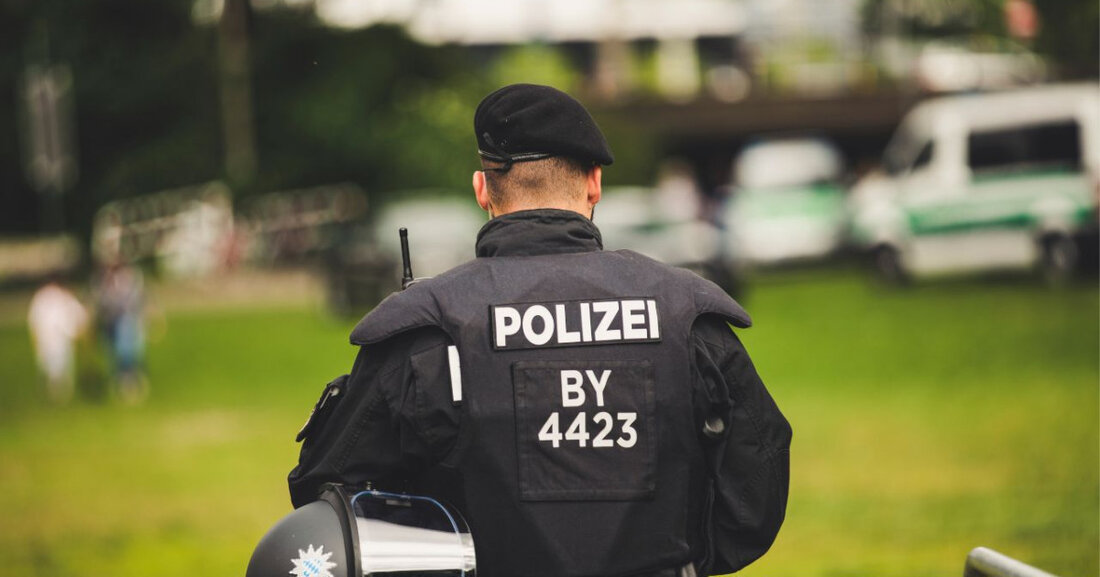Border controls in danger: police officers complain of overload!

Border controls in danger: police officers complain of overload!
In the past two weeks, Germany has introduced increased entry controls at various border crossings after Interior Minister Alexander Dobrindt (CSU) made corresponding orders at the beginning of its term. [Compact online] reports that these controls have little more than a symbolic effect, since the checkpoints can often be easily bypassed. Nevertheless, there are around 1,000 police officers, mostly by the federal police, at the external borders to enforce the new measures.
The GDP police union complains about the overload of the police officers, who are heavily claimed due to the new roster and failing training. Andreas Roßkopf, the chairman of the federal police in the GdP, pointed out the additional challenges that arise from the systematic rejection of asylum seekers at the borders. These rejections mainly affect foreigners without a visa and people with a re -incorporation lock. Exceptions only apply to minors traveling alone, mothers with small children, heavily pregnant and seriously ill.
Return of controls and challenges
The return to border controls, especially on the German-Polish border, is a step back to the rules that were dismantled in 2008. Random -like controls take place at a total of 50 checkpoints, which are equipped with blue and white pavilions, tents and containers. The federal police have received clear guidelines, which, however, are in legal controversy on the application of national and European law. Critics complain that the neighboring countries are considered safe third countries, which is legally controversial.
Another problem results from the fact that the federal police cannot monitor the 4,000 kilometer long border without gaps. The last measures to expand the border controls led to millions of overtime hours for the already burdened officials, which led to discussions about extended service times and the use of alarm dogs. In addition, the GdP calls for legal exemptions for the civil servants to reduce their workload [Spiegel.de].
future perspectives
The possibility of increasing the forces is due to the support of the state police, which has free capacities. The large raid against the “Kingdom of Germany (KRD)”, in which 800 emergency services were mobilized [Compact-online], showed an example of sufficient forces. Nevertheless, the GdP does not see the tightened controls as long -term and warns of a new police overload. The discussion about the border controls will therefore continue to remain controversial.
Refugee organizations emphasize that migration itself does not violate laws, which is a non -negligible perspective in connection with the applicable regulations [Tagesschau.de]. The pressure on the federal police and security policy will remain as long as the legal framework is not more clearly defined.
| Details | |
|---|---|
| Ort | deutsch-polnischen Grenze, Deutschland |
| Quellen | |
